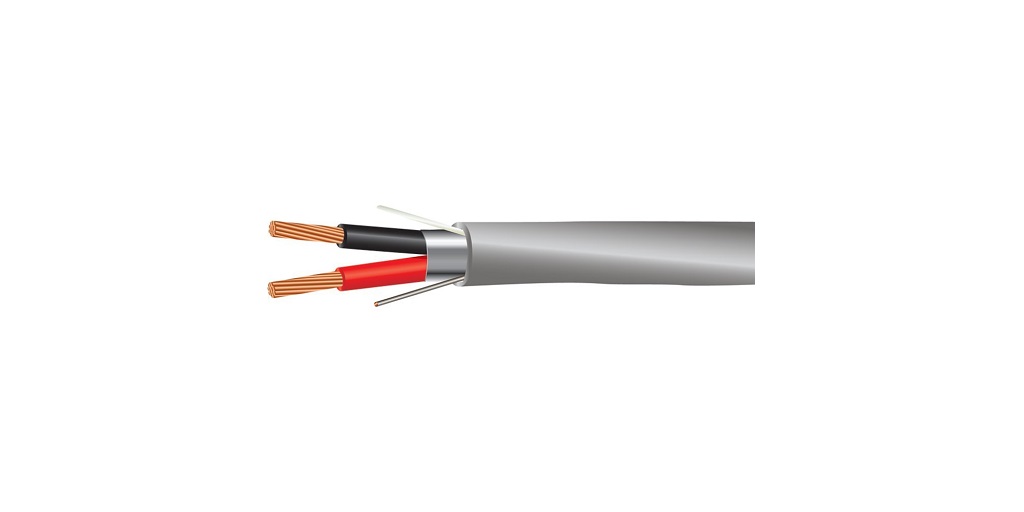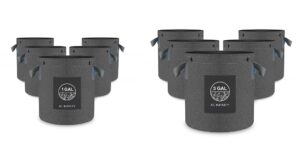
Not sure which type of security or alarm cable your facility or system needs? Hopefully, these answers to common questions can help!
What cable is used for alarm systems?
Security and alarm systems are usually wired with small-gauge wire specifically designed for the purpose.
For instance, many security systems are wired with 12 and 18 AWG gauge alarm wire, as these low-voltage applications do not necessarily require larger, heavier wires.
However, larger or wire gauges may be required depending on the circumstances.
Also, there are some unique requirements for some systems. For instance, fire alarm cables must be made with specific insulation that is heat resistant and which does not produce toxic smoke when burned.
What gauge cable do you need for alarm systems?
Only your specific system requirements can answer that question, but often large wire gauges (that is, smaller wires) are used as security and alarm cables because of the low-voltage, low-current application.
What is the best cable for alarm systems?
Copper is the most commonly used conductor for security and alarm systems because it offers excellent conductivity and flexibility.
Can you use Cat6 cable for alarm systems?
Some access control systems can actually use Cat5E ethernet cables for power; if they can accept them, then Cat6 cables, which are backward-compatible with Cat6 cables, can be used.
This does not mean that all security and alarm systems can be wired with Cat5E or Cat6 cables. If you are not sure, consult an electrician.
What’s the difference between Type 1 and Type 2 alarm cables?
The difference here is primarily related to insulation. Both Type 1 and Type 2 alarm cables must have a resistivity of less than 100 Ω/km, but Type 1 cables must have low smoke, zero halogen insulation and sheathing whereas Type 2 cables are made with PVC insulation and sheathing.
Does my alarm cable need to be shieded?
That depends primarily on the unique circumstances of the application. EMI, or electromagnetic interference, can badly scramble if not incapacitate an alarm system. If there is a high volume of EMI in your location that affects your security system, then it is probably worth it to get shielded security and alarm cables.
What’s the difference between riser-rated and plenum-rated fire alarm cable?
The difference between riser-rated and plenum-rated fire alarm cable has to do with their insulation.
Plenum-rated fire alarm cable offer a higher fire resistance rating than riser-rated cable.
Riser-rated cables are meant to be used in the space above a drop ceiling and are made with a special, non-toxic insulation that helps control the propagation of dangerous fumes in the event of a fire.
Plenum-rated cables are more protective and expensive than riser-rated cables and can be used in riser space, but riser-rated cables cannot be used in plenum space.
Where can I get high quality security and alarm cable online?
If you’re looking for high-quality security and alarm cables online, visit EWCS Wire online at EWCSWire.com.
They carry a wide range of UL-listed and approved security and alarm cables (included fire alarm cables) and many of their offerings are made in the United States.
For more information, visit their website or contact them directly at [email protected].


